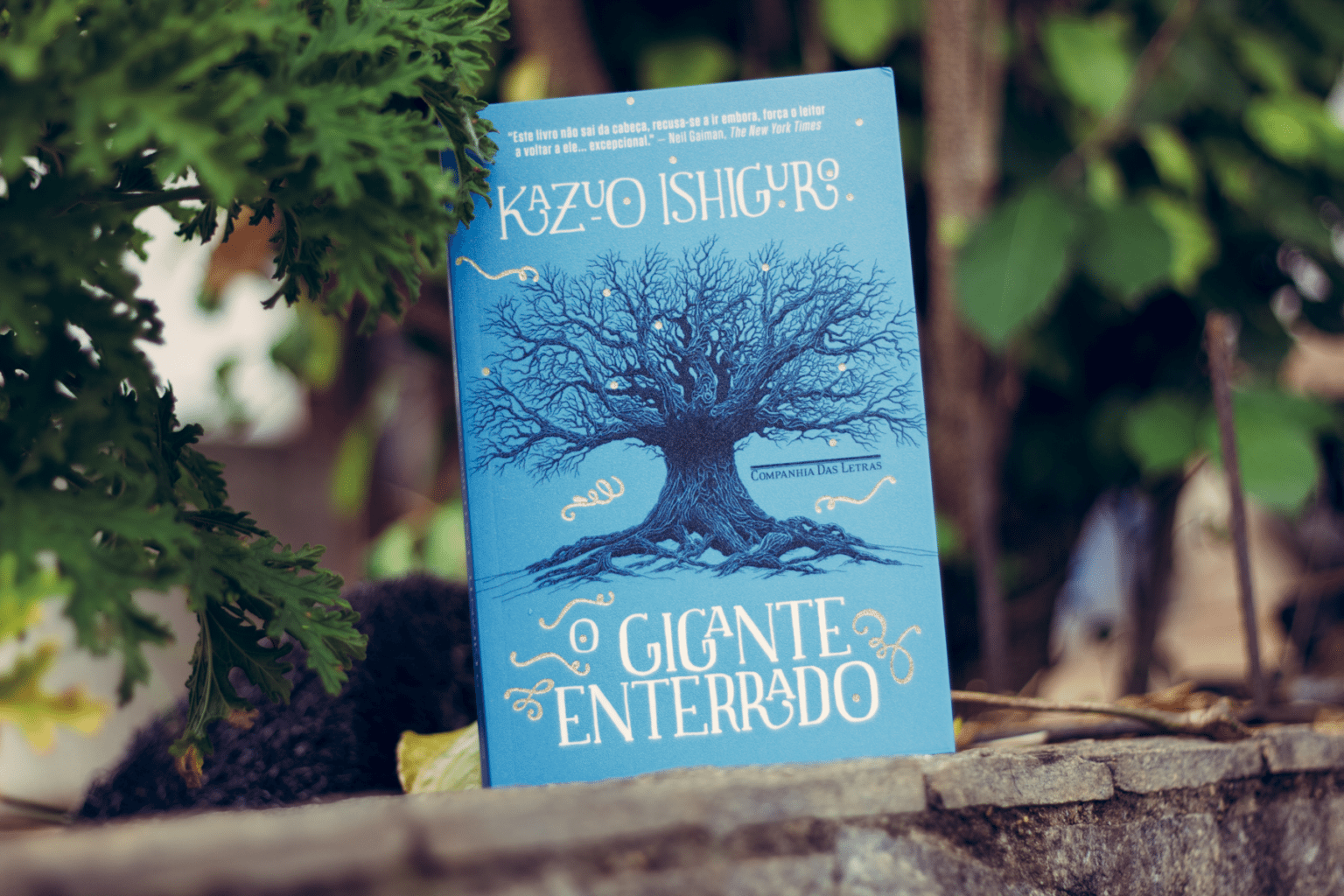Ishiguro wins Nobel Prize in Literature
In a time of national uncertainty and division post-Brexit, a time when our neighbours’ view Britain as attempting to separate itself from its transnational ties, the choice of Kazuo Ishiguro by the Swedish Academy as the recipient of the 2017 Nobel Prize in Literature marks a turning point in the literary landscape of Britain. Born in Nagasaki and moving to the UK at five years old, Ishiguro is a champion of multiculturalism which is reflected in his novels that immerse themselves in different cultures and times. From the retrospective nostalgia of The Remains of the Day, to the Saxon fantasy setting of The Buried Giant, Ishiguro has shown time after time that his novels explore humanity at its most fragile and tender points, whilst paying an accurate attention to history.
The choice of Ishiguro marks a turning point in the literary landscape of Britain
Ishiguro has been a full-time writer ever since graduating from the University of East Anglia with a degree in Creative Writing. His first novel, A Pale View of Hills, won the 1982 Winifred Holtby Memorial Prize which set his career on a collision course with the highly prestigious Nobel Prize this year with a reward of £832,000. The prize is for the most outstanding work in an ideal direction, and whilst the Swedish translation of idealisk is somewhat ambiguous, this is generally assumed to refer to a purveyor of human rights in literature.
Ishiguro’s first reaction when he heard the news was one of disbelief, believing it to be a hoax in a world of fake news. He is clearly a writer who is actively involved in the politics of today, which affects his writing and led him to be a vocal ‘remainer’ in the 2016 EU referendum. As the only non-white boy at school, Ishiguro cites that this enabled him to identify with the outsider and take an analytical view of Britain. Indeed, despite his ties to this country, Japan also celebrates Ishiguro as one of their own, given his awareness of his heritage across his novels.
What sets Ishiguro apart is the difficulty to pigeonhole his writing
Coming up against strong contenders such as Margaret Atwood and Haruki Murakami, Ishiguro was a rank outsider in the odds to win this year’s Nobel Prize in Literature. In my view as someone who has read a number of his novels to date, what sets Ishiguro apart is the difficulty to pigeonhole his writing into a single category. Instead, his novels eschew genre and focus on human struggle and endeavour. To give an example, Never Let Me Go tells the story of human clones in a dystopian Britain who are bred so that their organs can be harvested for the original humans. However, not once are we given a scientific explanation of how this is done nor do the clones ever try to escape their fate. This is not the point of the novel. Instead, Ishiguro seeks to explore morality, insist unflinchingly on the human condition and the response to an inevitable fate. After all, the clones talk about completing, not dying.
As a screenwriter, songwriter and columnist, Ishiguro is still deeply invested in the arts and their purpose in the 21st Century as he writes his next novel. As is customary, Nobel Prize laureates are invited to give a lecture in Stockholm on any subject that they choose. I, for one, await with bated breath to listen to this serious, honest and intelligent fiction writer impart a nugget of carefully worded wisdom that we would all be fools not to take to heart.

Comments